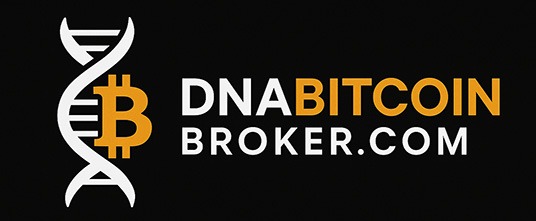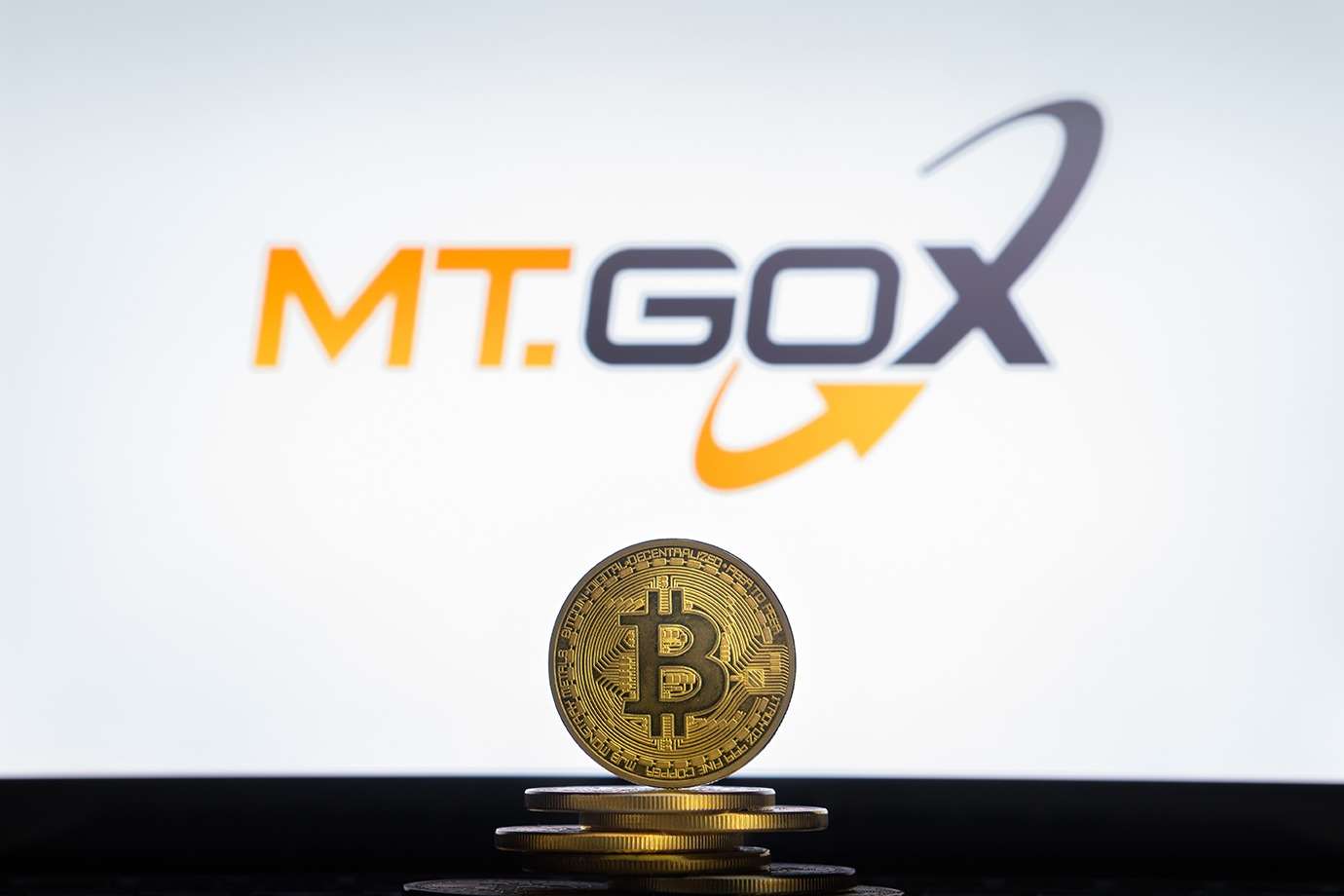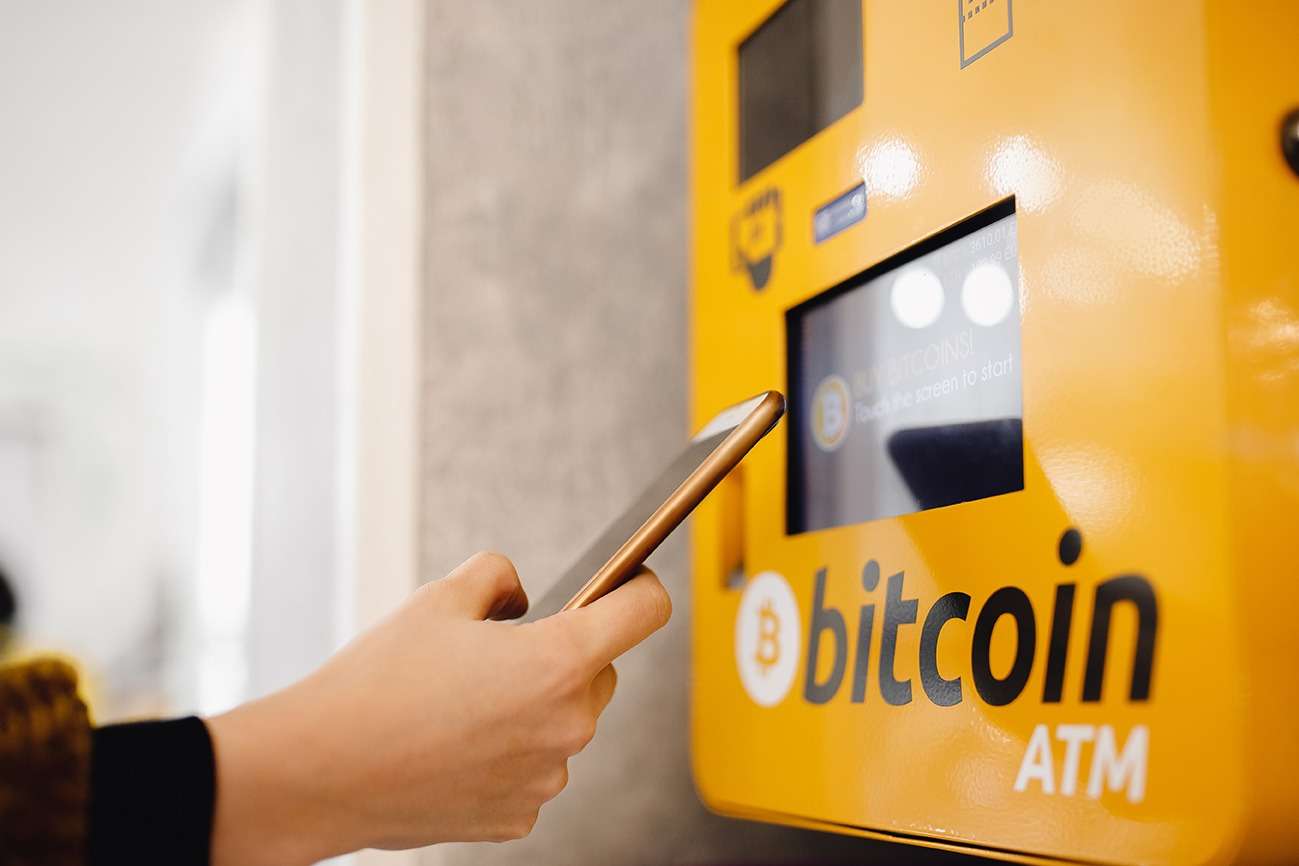People dealing with large Bitcoin transactions through over-the-counter (OTC) networks often rely on escrow services. Yet, if you are buying or selling large amounts of Bitcoin through OTC channels, you may have heard of escrow, as it is the core concept enabling such transactions.
Typically, trust is all-encompassing in high-value Cryptocurrency transactions, particularly those done over the counter in the OTC market. An escrow system is an impartial safeguard between buyers and sellers that offers protection during large crypto transactions by ensuring reduced risk coupled with safety while maintaining end-of-deal responsibilities for both parties.
What Is Bitcoin Escrow?
Bitcoin escrow is a trust-oriented third-party holding service. The buyer sends their funds to an escrow provider instead of directing them straight to the seller during Bitcoin transactions. The seller obtains Bitcoin payment only after fulfilling their contractual commitment.
Basically, escrow guarantees confidence by protecting both sides where Buyers won’t be scammed, and Sellers are reassured that the buyer actually has the funds and will release them once the deal is done.
How Does It Work?
Here’s how a typical Bitcoin escrow transaction goes:
- Terms are agreed upon– Both sides define the deal. Timelines and the BTC to be transacted confirmation.
- Buyer deposits BTC – Funds are sent to the escrow agent or locked in a smart contract.
- Seller delivers – This could be fiat, services, goods or whatever was agreed upon.
- Buyer confirms – Once both parties are satisfied, the escrow releases the Bitcoin to the seller.
In case of a dispute, the escrow agent acts as a mediator and helps settle the issues based on the agreed terms. Notably, there are three main parties in any escrow transaction:
- – Buyer.
- – Seller.
- – Escrow provider, which can be a trusted third party or a smart contract.
This setup works to provide structure, transparency and security for large OTC trades—especially when the parties are strangers.
In 2024, over $9.2 billion in digital assets were locked in smart contract-based escrow agreements globally, reflecting the rise of DeFi and programmable trust
(source: DeFiLlama).
Escrow Models: Centralised vs Decentralised
Depending on unique needs, there are several types of Bitcoin escrow services available:
- – Traditional Third-Party Escrow: A neutral company or individual holds the BTC. Simple, but requires intermediary trust, which may lead to a central point of failure.
- – Multi-signature Escrow: Uses a wallet that requires multiple private keys to release funds (e.g. 2-of-3 signatures from buyer, seller and escrow agent), thus reducing single-point risk.
- – Smart Contract-Based Escrow: A transparent and fully automated contract on the Blockchain that releases BTC once pre-set conditions are met.
Why Use Escrow in Large Bitcoin Trades?
Especially in Europe—where regulations, taxes, and compliance are complex—escrow can:
- – Protect users from fraud.
- – Ensure smooth settlements without the need for total trust between parties.
- – Clear dispute resolution process.
- – Boost confidence for both crypto veterans and institutional players.
It’s especially vital for peer-to-peer settings where anonymity is profound and direct trust is a risk in itself.
Are There Risks?
Absolutely! Even escrow isn’t bulletproof.
- – When centralised, escrow can still be compromised, let alone biased.
- – Smart contracts can be hacked and or coded with errors.
- – Bitcoin’s volatility during the process can cause disagreements.
Collusion between parties and the escrow provider is rare but possible.
These and many more are the reasons why choosing the right partner—or the right technology—is important.
“In 2023 alone, crypto investors lost over $78 million to fraudulent escrow schemes pretending to be legitimate OTC facilitators” (source: Chainalysis).
Always verify licensing, reputation, and regulatory compliance before engaging in large escrow transactions.
What About Platforms Like Coinbase?
Major crypto exchange platforms, including Coinbase, do not enable traditional escrow transactions. Such platforms are solely for retail crypto trading purposes other than high-volume OTC transactions with adjustable terms. You will need either a dedicated escrow solution specially designed for substantial BTC transactions, or you should consider implementing a secure smart contract framework.
The Future of Bitcoin Escrow in Europe
The continuous development of decentralised finance (DeFi) and DAOs with upgraded smart contract tools point to future implementations of advanced yet secure, trustless escrow systems. The implementation of these solutions may potentially eliminate the need for human involvement in transactions altogether.
European crypto regulations like MiCA (Markets in Crypto-Assets) are expected to enhance transaction clarity regarding big crypto deals, thus strengthening the importance of escrow services.
Final Word
All in all, escrow services protect individuals, businesses, and Bitcoin holders who need to perform big Cryptocurrency transactions. The decentralised ecosystem depends on trust, which requires practical tools to enable reliable large-scale Bitcoin transactions.
Image Source: Adobe Stock
Disclaimer: This article is purely for informational purposes. It is not offered or intended to be used for legal, tax, investment or financial advice.












